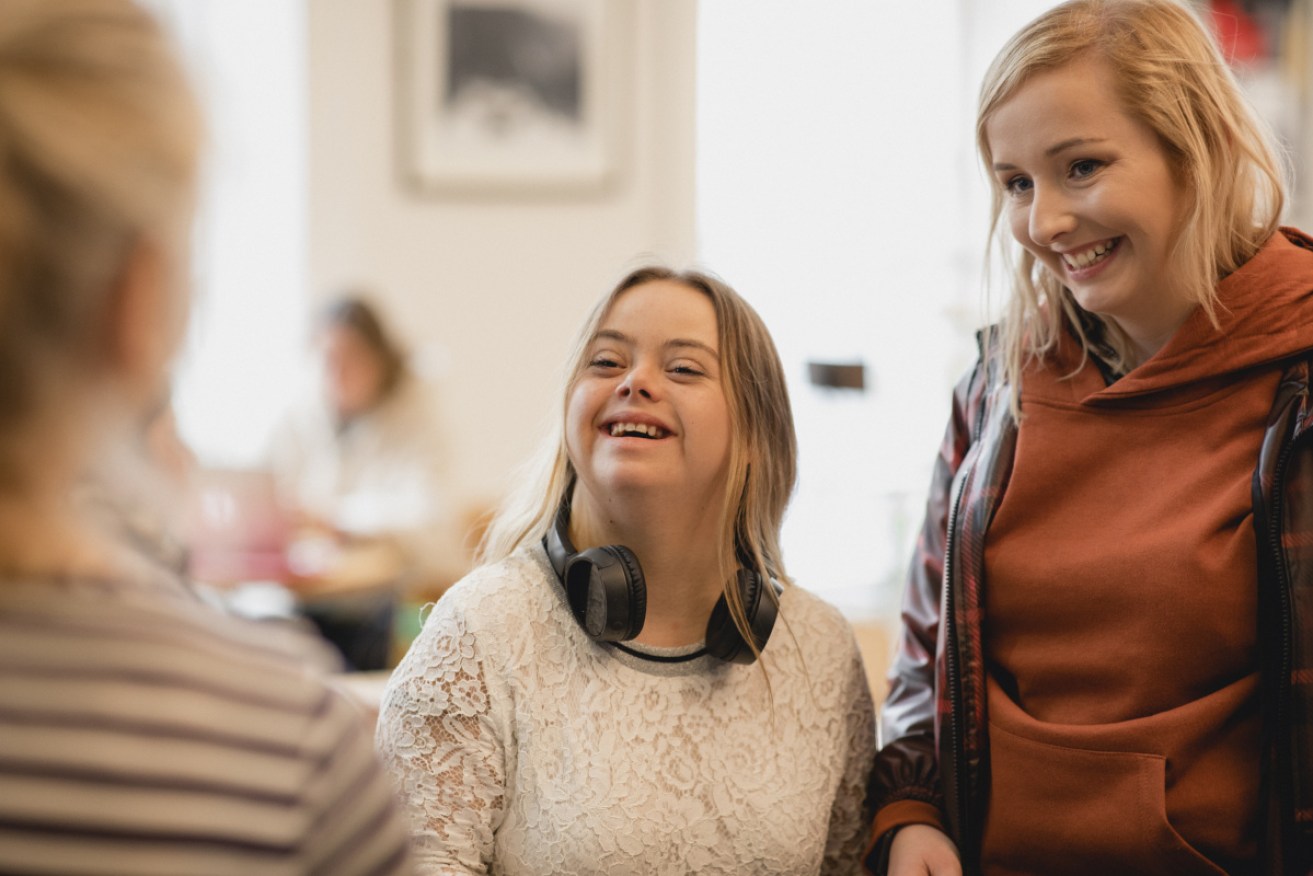NDIS: A disability scheme that leaves people with disabilities out of the picture


Left unchecked, planned changes to the NDIS could disadvantage thousands of Australians. Photo: Getty
The National Disability Insurance Scheme was born to bring equity to health care and give a voice to Australians living with disability, who represent a significant proportion of the population.
One in six Australians – or about 4.4 million people – are estimated to live with disability.
However, from policy conception to implementation, people with disability still find their needs have been overlooked and ignored, time and time again.
The recent proposal for independent assessments is the latest example of how the NDIS and government are continuing to miss the mark.
The proposed legislation, due to rollout later this year, involves the person completing a single form within a timeframe of up to three hours to determine their eligibility for the NDIS, and what funding and support they can access.
To get a complete understanding of a person’s full needs in this time is not only unrealistic but in many cases, simply not possible.
Fundamentally, the approach takes little to no consideration of other complexities including personal and cultural differences among our communities.
In some cultures, answering direct questions and participating in a rigid Q&A format is considered rude and inappropriate.
This can deter those who need support from participating, or result in misleading profiling of people as difficult or not co-operative.

Planned changes to the NDIS assessment program could put people at risk. Photo: Getty
For others, sitting through assessments for multiple hours can be physically or mentally challenging, and some may have personal factors that limit them from providing full or even truthful answers.
In addition, allied health professionals are being asked to assess people in areas that are outside their areas of expertise.
This could have serious ramifications for people whose access to funding and support depend on the independent assessment.
These reasons are only a few among many others, but enough to show how the proposed changes can negatively influence participation.
What does this mean for Australians with a disability?
It makes exercising choice, control and certainty of access to appropriate services a privilege instead of what it should be – a human right.
It risks making inaccurate and incomplete assessments of people’s full needs, meaning many will not be adequately supported and many who need support will simply go without.
It also means hundreds of thousands of Australians will be left further behind in a world that oversimplifies what it means to live with a disability.
If we go down this route, we risk having the very solution that was originally set out to improve the lives of the disability community instead become the gatekeeper to the full and effective participation of people with disability.
It’s time to overhaul the NDIS assessment process
Now is the time to step back and put a halt on the rollout of the proposed changes.
It is vital that people with lived experiences are put at the front and centre of how services are designed and iterated over time.
This includes being involved in the development of services and building access to those services.
Consultation is the first step, and representation is the end goal.
And with this, there is no doubt still a long way to go when not one member of the NDIS board has lived experience of disability as of August.
It’s time for a commitment to inclusive policy making and processes that put people with disabilities at the heart of the conversation, to ensure equal access to disability services for all Australians.
As well as giving people with disabilities a seat at the table to inform decision-making processes, it is necessary we rethink how we care for our communities and put efforts toward significant reforms to the NDIS.

People with disability must have a say in the future of their care, Claire Salter Parry writes.
Various research and reports have been conducted to better understand the needs of Australians with disabilities and how they are being addressed – including the Tune Review, which put forward 29 recommendations to improve the participant experience and support service delivery.
One issue highlighted in this report includes how confusing, frustrating, and difficult the NDIS can be to navigate and use.
This is further proven by the heavy underutilisation of the NDIS budget, reflecting the extensive challenges many Australians face in simply accessing funds and services.
But it’s not enough for the research and data to be available, if the findings and recommendations aren’t acted upon.
That’s not to say that this is a small or easy task.
Changing a system, particularly one as big as the NDIS, naturally will take both time and effort and cannot be viewed as a linear process.
Medicare, as an example, was introduced as a landmark reform to health care in Australia in 1984, but had many changes including the Medicare levy surcharge in 1997 and the National Health and Hospitals Reform Commission in April 2008. It underwent many structural reforms before getting to where it is today.
But if we get it right, the cost is little compared to the benefits that will come out of it to better serve our disability community.
In fact, research shows that when we achieve equity among our communities, everyone benefits.
That is, fewer inequalities among communities will allow for better overall living conditions and an advanced society.
By making sure all individuals can lead the healthiest lives they can live, we will enable an efficient economy and stronger workforce.
So, the more we delay efforts to work toward solutions that advance equity for our communities, the greater the future health and economic costs will be.
The disability community deserves a commitment from the government to live up to their promises and build a system that enables equal access to disability services for all Australians.
When this happens, we will all be richer for it.
Claire Salter Parry is the clinical services manager for Umbo








